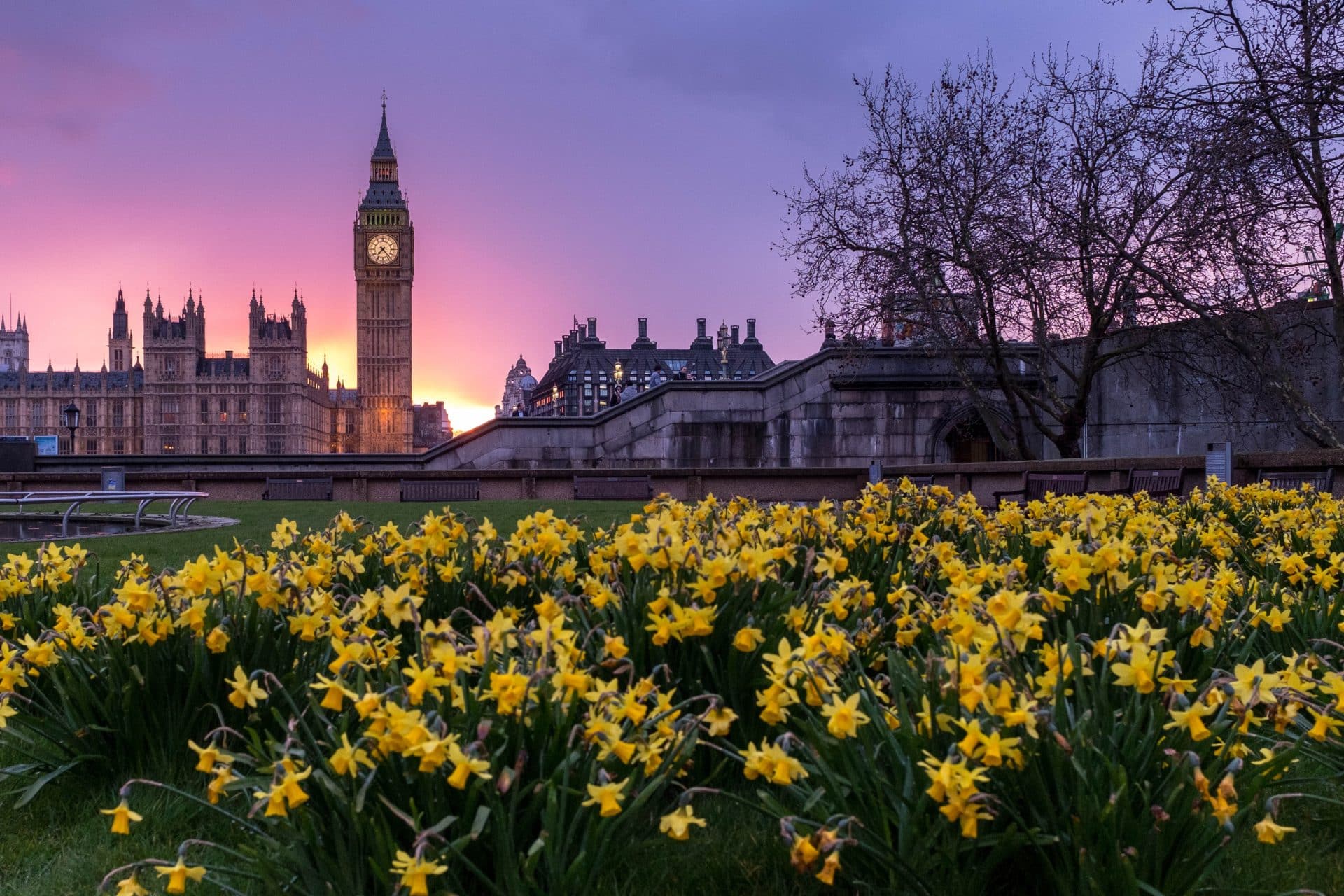On Thursday 24 July, the House of Lords debated the issue of International Freedom of Religion or Belief, Article 18 of the Universal Declaration of Human Rights.
Lord Alton, a Vice Chair of this All Party Parliamentary Group, began his opening remarks by saying that not only was Article 18 a universal human right, it was a human right that is violated universally.
He said: “Article 18 is a foundational human right – many would say the foundational right – because, while there should be no hierarchy of rights and all rights are interdependent, without the freedom to choose, practise, share without coercion and change your beliefs, what freedom is there? As my noble friend Lord Sacks says, on this question, the fate of the 21st century may turn.”
Lord Alton highlighted too the vital work of the APPG on Freedom of Religion or Belief in revealing how Article 18 is ignored on a widespread scale by authorities of various countries with 76 per cent of the global population living in countries hostile to their religious beliefs. Situations around the world were mentioned showing how people of all faiths and none have been suffering such as in Iraq where both Christians and Muslims have been recently crucified or beheaded by ISIS extremists. Iran, Nigeria, Sudan, Pakistan and Burma were also given as examples of countries where Article 18 is ignored.
In his closing statement, Lord Alton said: “Article 18 demands an end to suppression, persecution and gross injustice. It should be at the heart of our concerns, not an orphaned right.”
Baroness Cox, also a Vice Chair of this APPG, gave details about the widespread view that northern Nigeria is disintegrating and militant Islam could spread. She had just returned two weeks previously from a visit to the country where both Christians and Muslims have been slaughtered on an almost-daily basis by Boko Haram.
Baroness Berridge, chair of the APPG, also spoke during the debate about the fact that all continents have been affected by restrictions on freedom of religion or belief, highlighting situations facing Muslims in China, and Christians in Iran amongst others. She said the case of Meriam Yahia Ibrahim Ishag from Sudan ‘pinpoints’ the issue.
“It is the right of every human being to choose their own religion, to choose not to have a religion or to choose to change their religion. You may choose to follow the faith of your family but it is not like DNA: you do not have to inherit the faith of your parents.”
“This is a global crisis”, added Baroness Berridge who also said it was a priority issue for the Foreign & Commonwealth Office. She said there were issues of enforcing the protection given by Article 18 closer to home and it should be a key part of a school curriculum.
Baroness Berridge added: “Article 18 will be the primary challenge in human rights law for the next generation.”
Lord Sacks called the situations of persecution spoken of by his colleagues in the House of Lords ‘most profound and disturbing’.
He said: “Seldom have I heard a more searing and devastating set of testimonies than I have heard today of the evils currently being committed in the name of the God of love and peace and compassion.”
People in the 21st century were being murdered, terrorized, victimized, intimidated and robbed of their liberties because of the way they worship God and that was a moral outrage, a political scandal and a desecration of faith itself, according to Lord Sacks.
He added: “I believe that God himself weeps at the evils being committed in His name. Let us urge, as strongly as we can, the worldwide implementation of Article 18 as one of the great challenges of our time so that we can all exercise our fundamental right to live our faith without fear.”
The Minister who responded to the debate, Lord Wallace of Saltaire, promised that this coalition government will never step away from the UN’s Universal Declaration of Human Rights.
Baroness Lane-Fox of Soho spoke about the effect of restricting beliefs put online and the need for internet interaction to be both free and open.
She said: “I believe that we cannot debate Article 18 without also making sure that we are demanding a free and open internet. No Government should be allowed to shut down the platforms that enable people to express themselves. There are currently 44 countries worldwide that are censoring the internet, and this is immensely serious.”
Lord Elton cited Lord Alton’s earlier comments about the importance of education to deal with the issue. He said that communities of different religions might be meeting ‘at the bottom of the pile’ and living peacefully despite their difference in beliefs. But it was the ‘people at the top’ who were harder to access i.e. leaders.
He also leant on Lord Patten’s reference to persecution fires spreading to Indonesia, saying the fire of restricting beliefs was spreading elsewhere. One way to fight the ‘forces of evil’, said Lord Elton, would be to take the weapons of war away such as from the militants in Northern Nigeria.
Lord Parekh said some countries ‘mean well’ but there were difficulties enforcing freedom of religion rights. He also questioned whether proselytizing a faith was part of the remit of Article 18 and believed that modernity had unsettled religious acceptance amongst communities of different faiths.
Read the full debate here.

